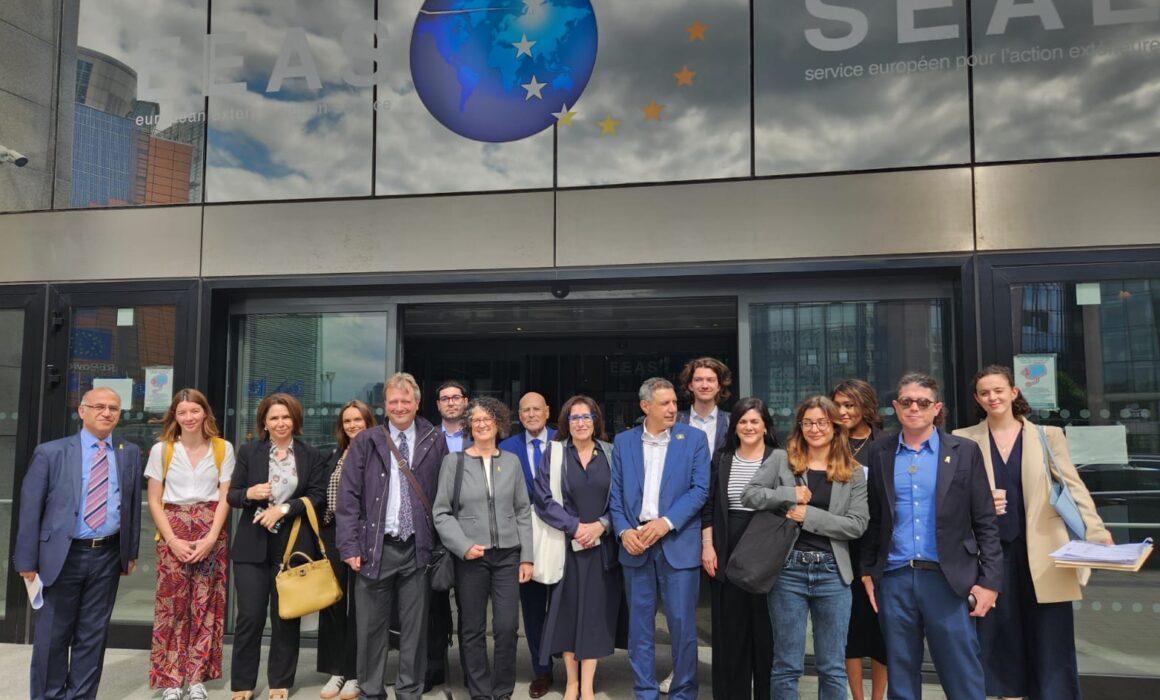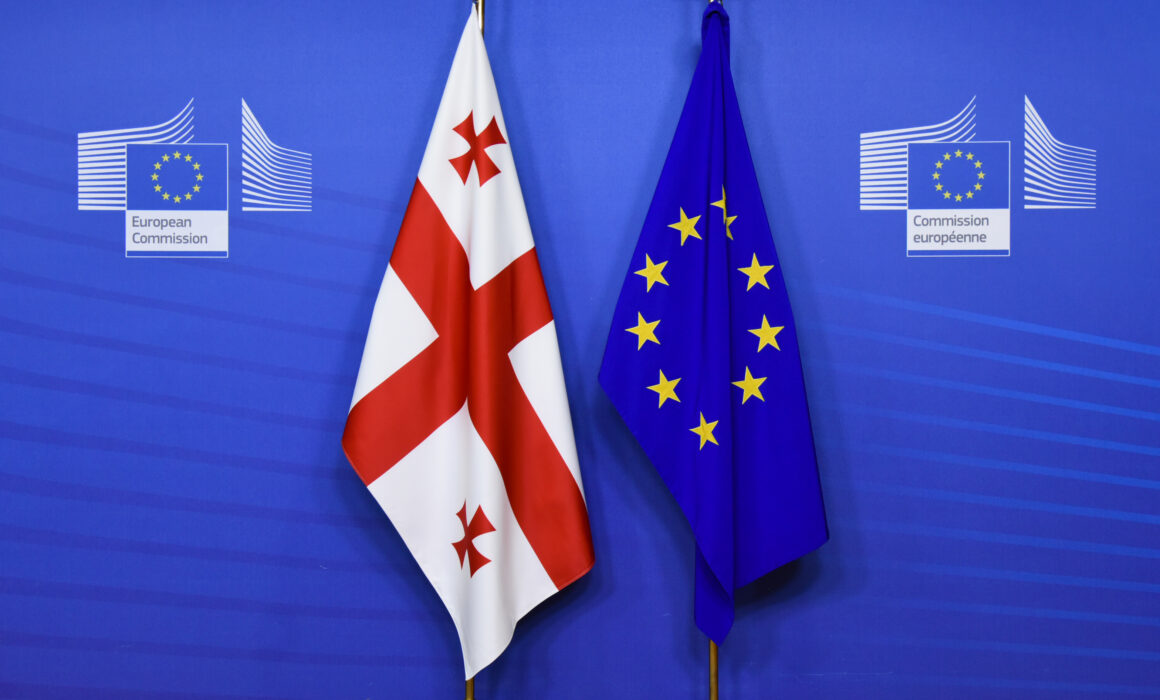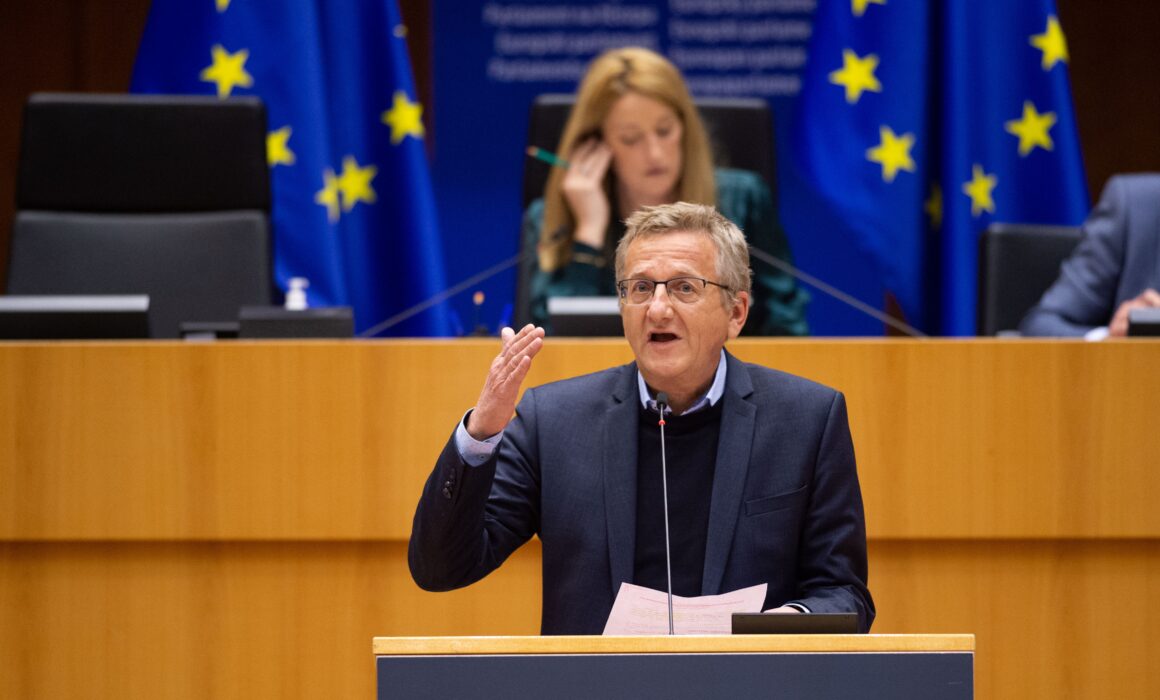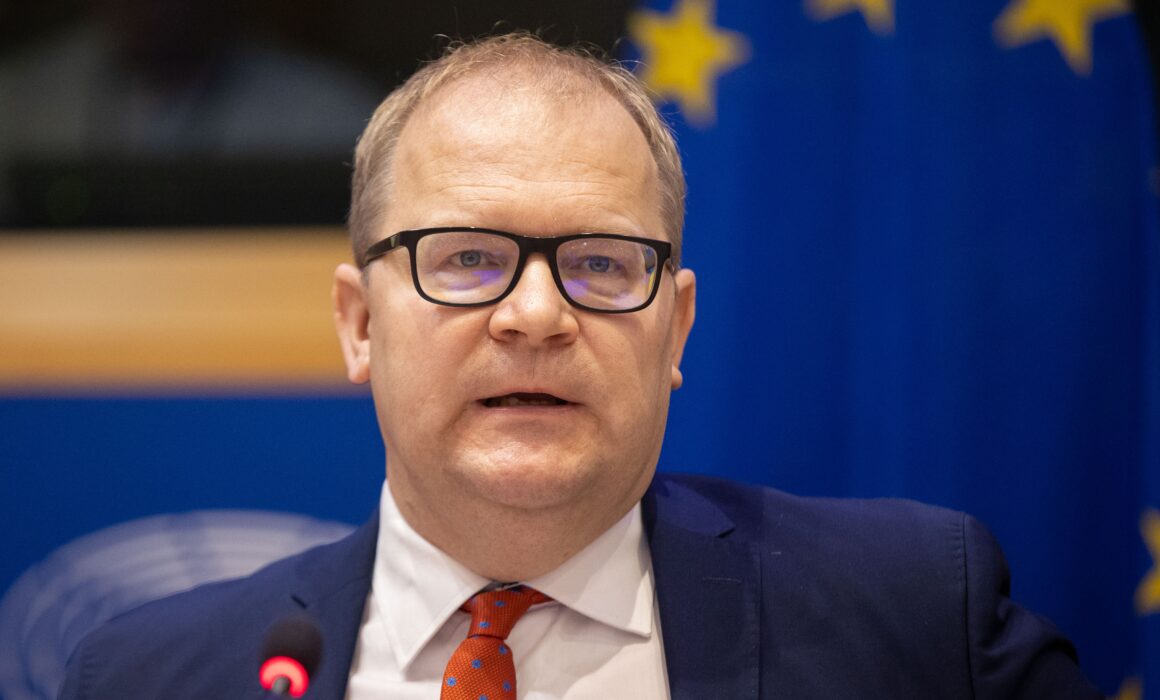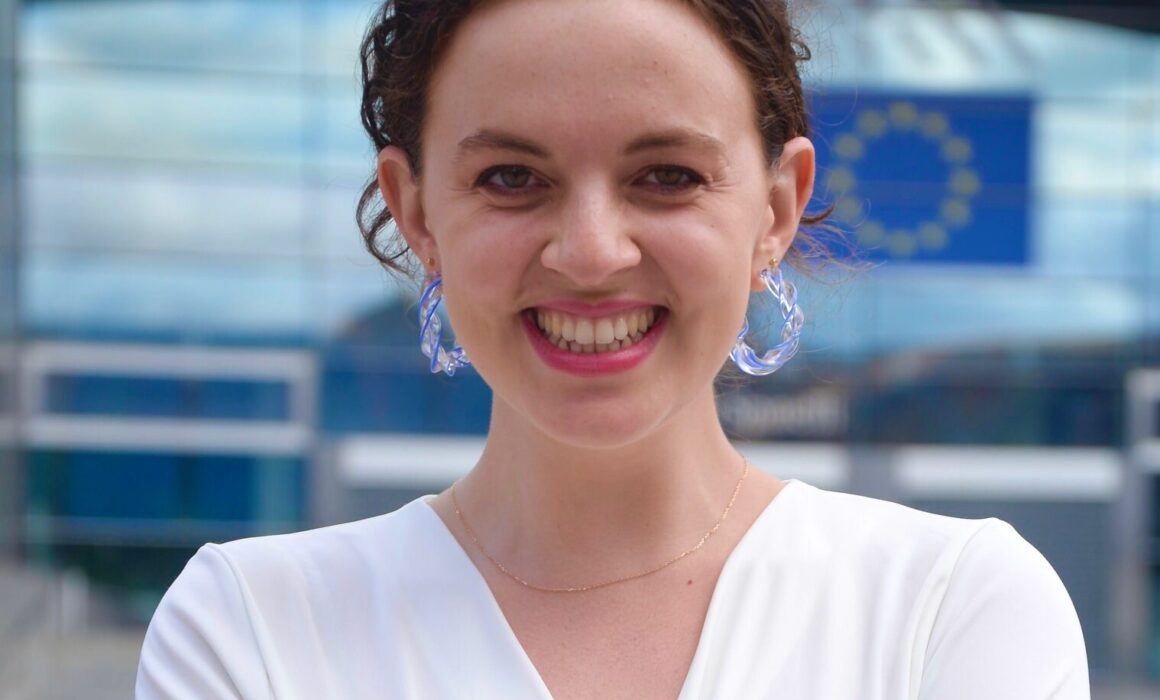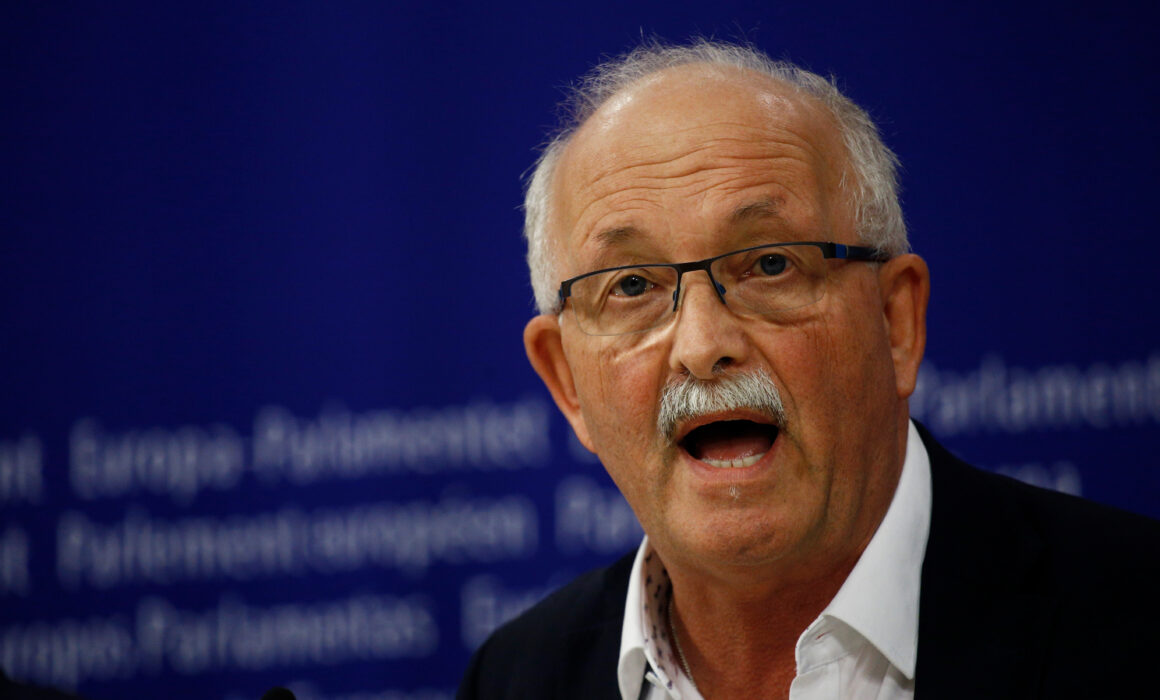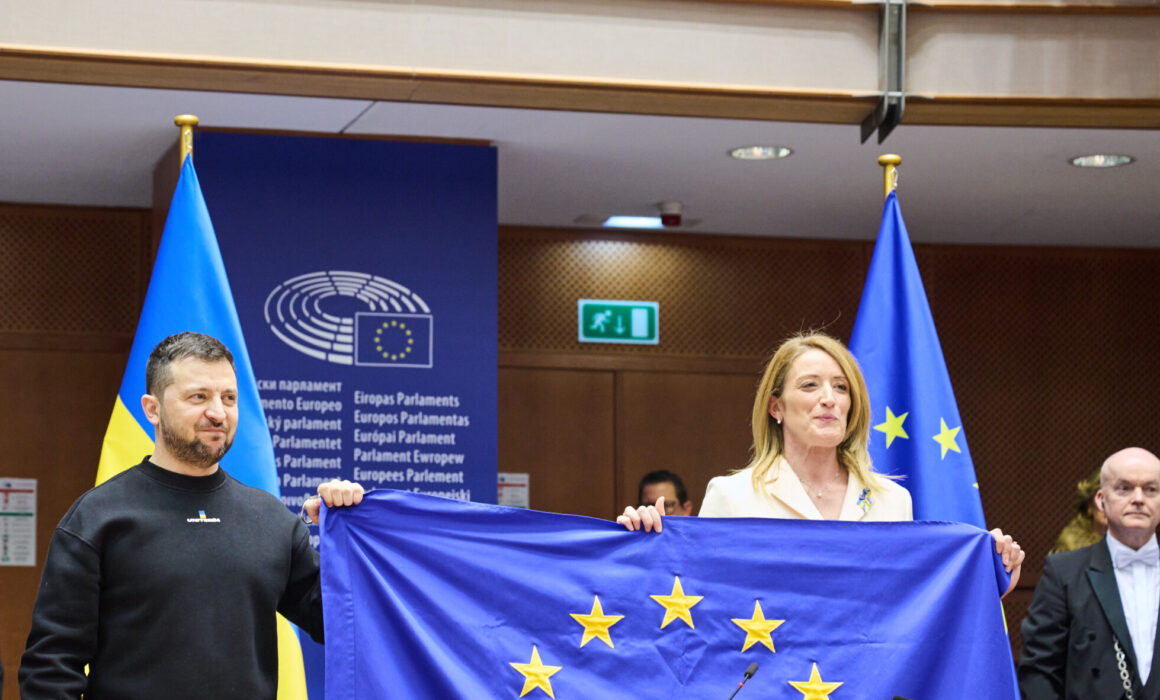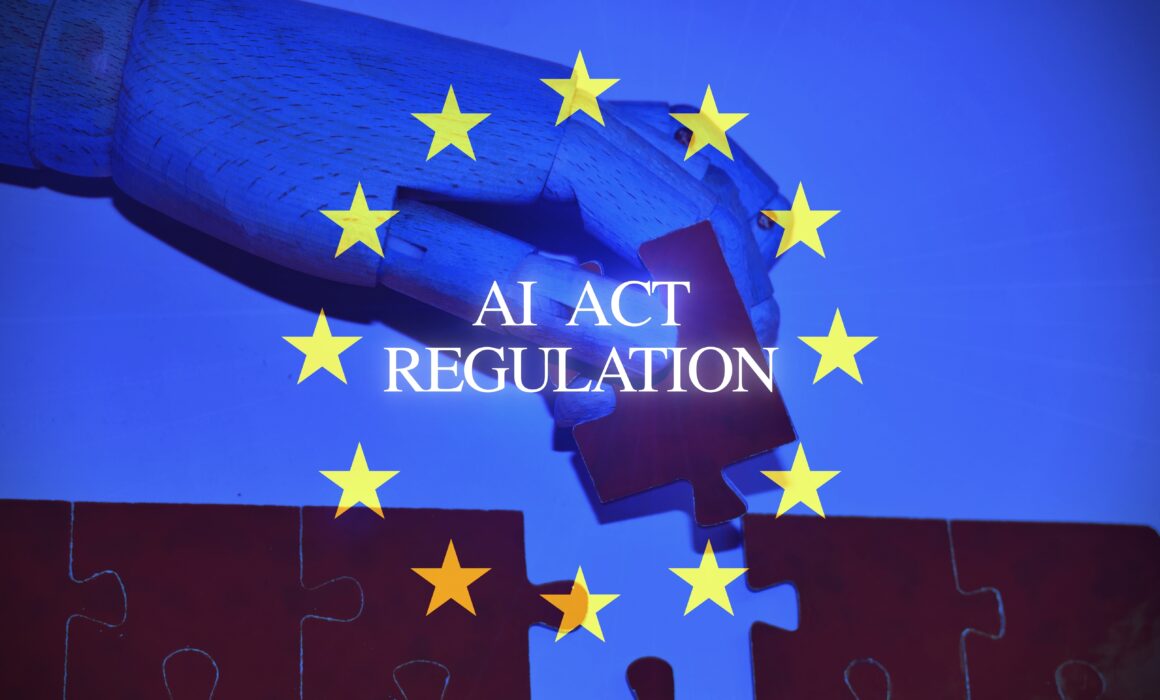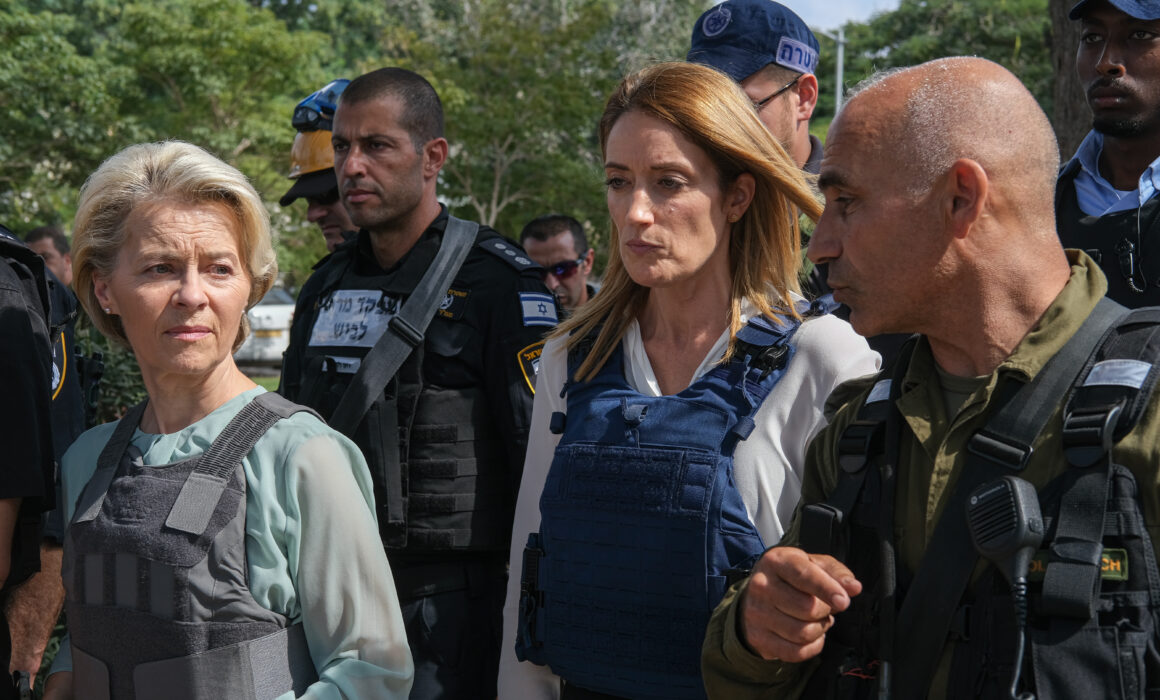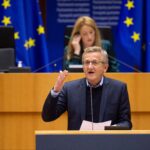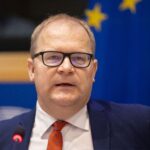Hungarian foreign minister Peter Szijjártó met with Iran’s minister of economy – and the two sides agreed closer economic cooperation.
On 17 November, a meeting took place between Ehsan Khandouzi, the economics minster of Iran, and Péter Szijjártó, foreign and trade minister of Hungary, as part of a meeting of the Hungarian-Iranian Joint Economic Committee.
Afterwards, the two ministers announced a desire to develop closer economic ties, “in line with the policy of common sense and pragmatism.” This meeting caught many observers in Brussels by surprise, given that it signalled the Orbán government’s willingness to cooperate with the internationally sanctioned Iranian regime even in areas such as nuclear policy.
Iran is suspected of pursuing a secret nuclear weapons programme and currently expanding its uranium enrichment activities well beyond the use for civil nuclear power. Moreover, Tehran has come under fire for its violent crackdown on peaceful protests. Hundreds of people are said to have been killed in recent weeks, including dozens of children.

“We’d like Iran to be able to return as soon as possible to the system of peaceful coexistence within the international community,” said Szijjártó after the meeting with Iran’s minister. He added that Hungary believed that economic cooperation “could be a first stage in this return.”
EU Watch reached out to the Foreign Ministry of Hungary and to Szijjártó’s spokesman, but did not receive an answer.
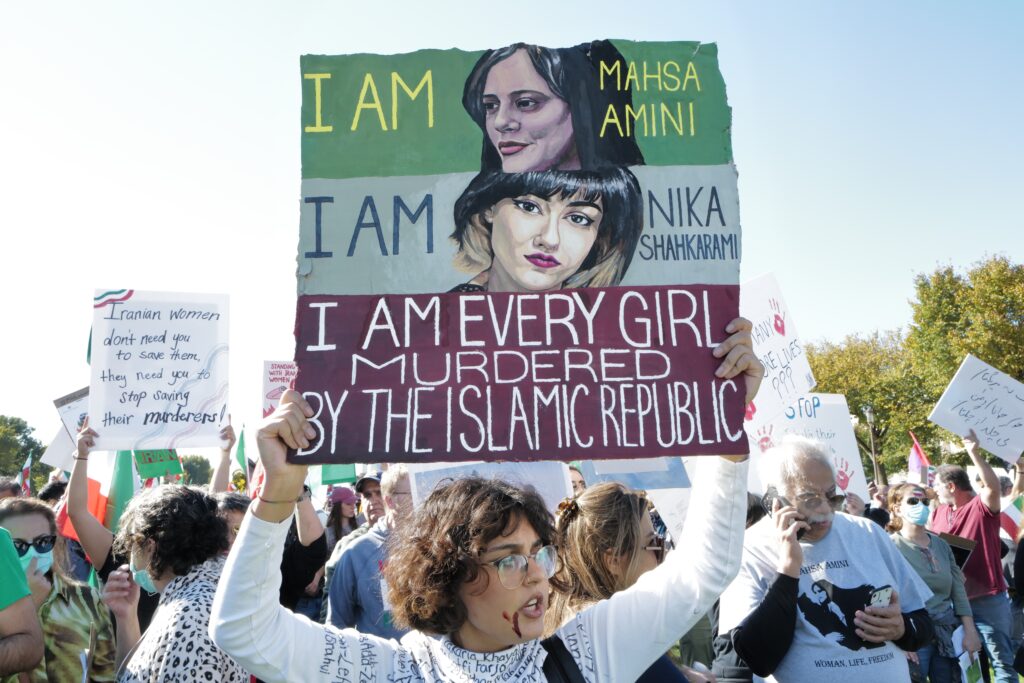
European sanctions on Iran
Last week, the European Union adopted another round of sanctions against Iranian officials and entities, Also targeted was the country’s interior minister, Ahmad Vahidi.
More than 100 Iranian individuals and entities are now on the EU’s sanctions list, including state ministers, chief police leaders (including the branches of the ‘morality police’) military generals as well as entities linked to the Revolutionary Guard Corps and to the production of kamikaze drones, such as Shahed Aviation, the Basij Resistance Force and others.
EU Watch contacted the Hungarian member of the European Parliament, Katalin Cseh (Renew Europe Group). She said: “Mr. Szijjártó, while expressing hope to bring Iran back to the negotiating table over co-operation in trade of energy and goods, he does that with little to no regard for common European values and interests and with an awful timing.”

Cseh added that the fact that Szijjártó, “after negotiations with his Iranian counterpart, expressed hopes of nuclear co-operation at a time when Tehran is pursuing unauthorised uranium enrichment is in clear disregard for IAEA norms.”
“He notably made these remarks on the very same day when the President and Minister of Defence of Hungary were visiting Israel, a country Iran vows to destroy,” Cseh pointed out.
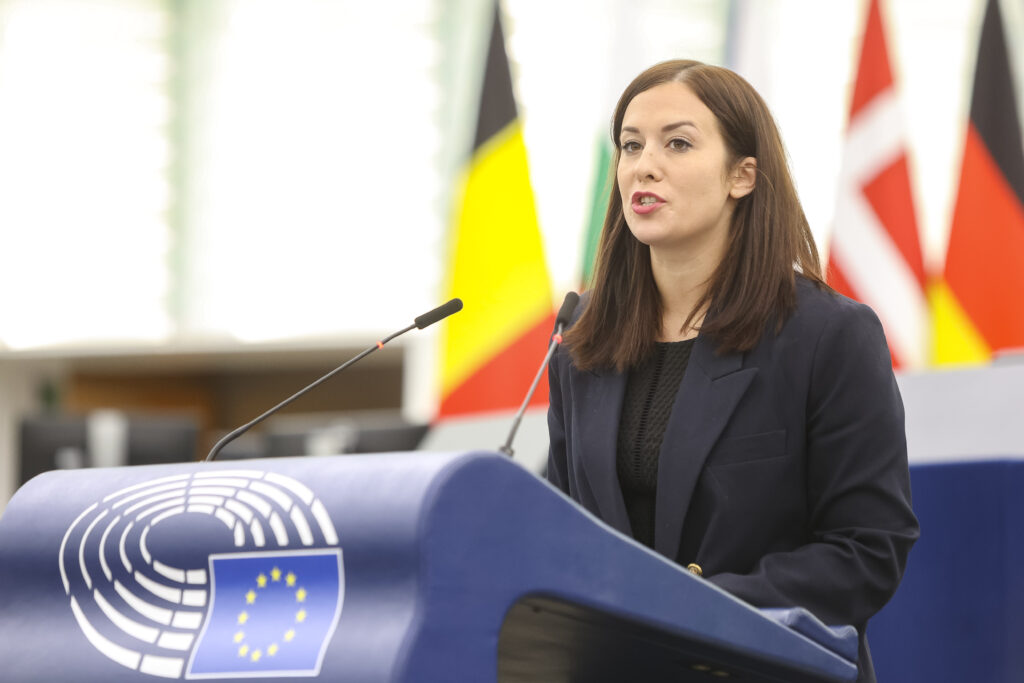
In October, the European Parliament had adopted a resolution on the situation in Iran and called on the EU’s Council of Ministers to add all Iranian officials linked to the death of Mahsa Amini and the suppression of protests to the EU sanctions list. MEPs also called on the UN to launch a “comprehensive investigation into the events” in Iran. This was agreed in Geneva on 24 November when the UN Human Rights Council voted on a special mission of inquiry into the clampdown in Iran.
In their resolution, members of the European Parliament acknowledged that “Iranian women’s movement goes beyond the defence of women’s rights and advocates for a secular state in Iran instead of a violent and reactionary theocracy.”
“I don’t think we will be heading towards an ‘ever closer union’ for the time being,” argues @TomTheuns of @PolSciLeiden.
— EU Watch (@EUWatchBrussels) October 3, 2022
Read our interview on the issues of democracy, rule of law, and the EU response to the rise of authoritarian countries in Europe.https://t.co/lbKJxNWtpg
Cooperation between Iran and Hungary?
In February 2017, Hungarian Prime Minister Viktor Orbán had met Ali Tayebnia, the then-economics minister of Iran to “build relations between the two nations.” The meeting preceded Donald Trump’s decision to withdraw from Iran’s nuclear (JCPOA) signed in 2015.
The meeting was also attended by Péter Szijjártó and focused on “the financing of Hungarian-Iranian economic programs” that includes, amongst others “developing cooperation in interbank crediting and making import licencing more flexible.”
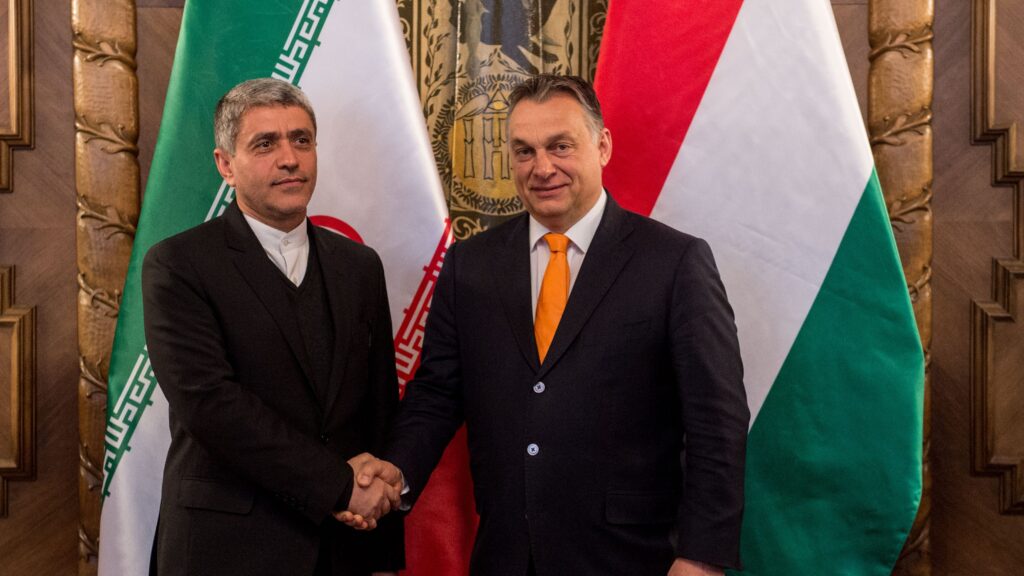
The Iranian minister concluded that “due to its geographical position Hungary serves as a gateway for Iranian companies in building partnerships with European countries.”
At the end of 2021, while Russia was increasing its military build up close to the border of Ukraine, Szijjártó paid an official visit to Tehran where he attended the bilateral economic committee together with executives of Hungarian companies. He said that “bilateral relations are free of political disputes.”
Szijjártó continued “that despite international sanctions, the framework for developing Hungarian-Iranian economic cooperation is in place.”
By November 2022, Hungary managed to reinforce its cooperation with Iran and noted a 55 percent increase in trade compared to last year, and almost a doubling compared to 2020. This is largely due to a stark increase in exports of textile and pharmaceutical from Hungary, and plastics imports from Iran reads the brief.

“The Orbán government’s habit of blackmailing will only last as long as they think it actually works. The Parliament has spoken loud and clear on the issue of human rights violations in Iran and on the issue of rule of law in Hungary. We expect the Commission and the Council to follow our example and stick to the principles that will uphold European values and interests”, Katalin Cseh told EU Watch.
EU High Representative for Foreign Affairs Josep Borrell’s chief spokesman pointed out that EU member states “are free and entitled to develop their bilateral relations with third countries”. It was within their competence “to decide how and with whom they cooperate as long as it does not contravene agreed EU’s policies.”
He said that in the case of Iran, “there is no decision not to cooperate economically with Iran, with the exception of sectors, people or entities sanctioned under the current sanctions for human rights violations, in relation to proliferation of weapons of mass destruction or for undermining Ukraine’s territorial integrity.”
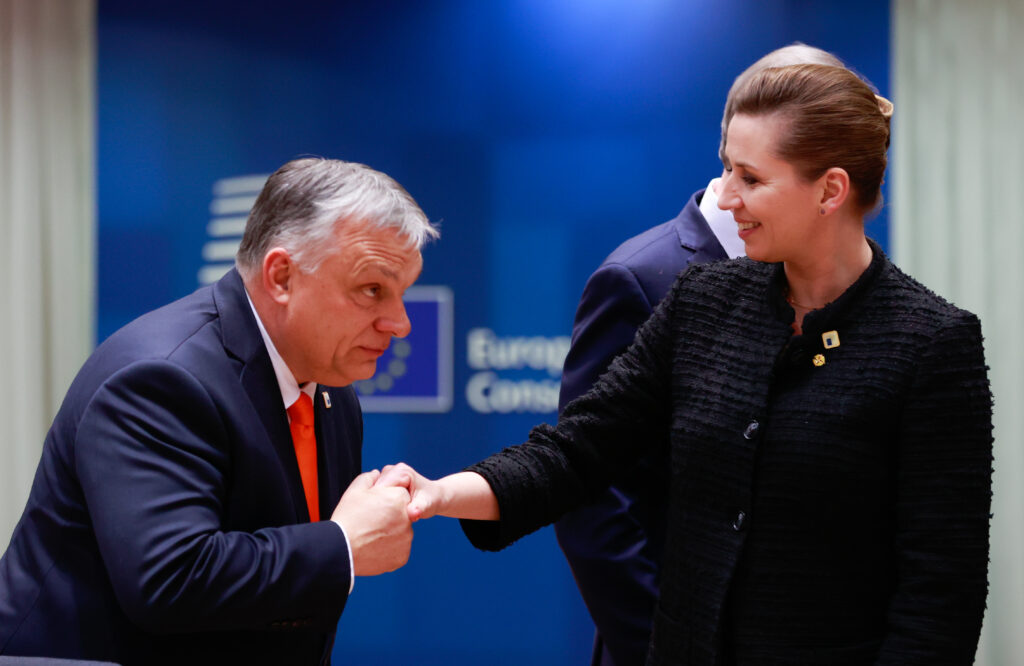
A bargaining chip vis-à-vis Brussels?
Meanwhile, the Hungarian government is bogged down in a dispute with the European Union which could have serious repercussions for its budget. Next week, the European Commission is to decide whether to unblock billions of euros in recovery funds for Hungary. The EU executive has asked Budapest to implement reforms in a number of areas.
However, observers and the European Parliament are skeptical that these will be sufficient to remedy concerns over democratic backsliding in Hungary. MEPs this week urged the Commission not to unblock the funds.
Authors: Nenad Jurdana, Michael Thaidigsmann
Our most recent news
Former Estonian Foreign Minister: “We should make Russia understand that the West is not weak anymore”
In our most recent podcast edition of “EU Matters”, the Vice-Chair of the Foreign Affairs Committee of the European Parliament and former Estonian foreign minister, Urmas Paet, talks about the threat of Russia to Europe and the West’s support for Ukraine, as well as the recent developments in the Middle East between Israel and Iran.
Avital Grinberg appointed as General Manager of EU Watch
BRUSSELS – EU Watch announces the decision to appoint Avital Grinberg as the new General Manager, succeeding Michael Thaidigsmann at the helm of the organisation.
Veteran Socialist lawmaker: “We always knew that the EU would come under attack from guys like Putin”
German MEP Udo Bullmann talks about the importance of human rights in EU’s foreign policy, the EU as a player on the world stage and foreign interference in EU politics.
EU’s pivotal steps toward Ukraine, Moldova, and Georgia: A personal perspective on the region’s historic shift
Professor Cristina Vanberghen delivers her opinion on the European Council’s decision to green-light negotiation talks with Ukraine and Moldova.
EU Sets Global Standard for AI Regulation
Professor Cristina Vanberghen delivers her analysis of the EU AI Act, which regulates the use of Artificial Intelligence in the Union.
Enhancing our understanding of the EU’s role in the Middle East
Professor Cristina Vanberghen delivers her analysis on the EU’s role in mediating Middle East conflicts.

